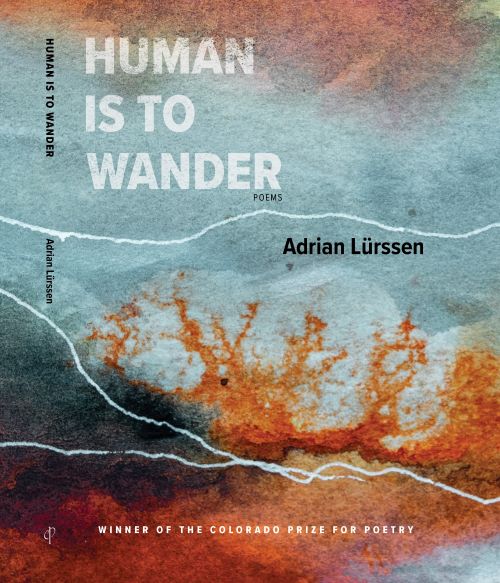I stepped up into the open doorway of a classroom. The deadlooked like pictures of the dead and even thenunder a continual threat of being overwhelmed once again. Whenpregnant women stand still, bathed in window light,intently reading letters, where is one invited to imaginethe letters are coming from? Does a schoolyard really matter?It was capacious, soft and reassuring; it radiated the same reposewe had observed in her face: morbid fascination of dirt, blood,snakes, insects, smell, ugliness, deformity, size, and all that is grotesqueeverywhere evident in the book. But we are warned that she haspremonitory dreams of attendance at the coming centenaryof the secret Society of Ghosts. Reaching the field, I watched our localInterahamwe drill. They began shouting and waving their hoes around.Birds everywhere as well as garlands, bouquets of flowers. She believesin the coexistence of three different yet related worlds. However, I wasn’t goinginto any of these. Well, I am not going to. The more complete figureslooked a lot like people, which they were once. They did not smell.
Procession: Firsts & Lasts, by Ones & Threes, in the Schoolyard of Ghosts
All I need is the sound of their footsteps
To tell forever which directions they took
—Apollinaire, “Procession”
Feature Date
- March 12, 2023
Series
- Editor's Choice
Selected By
- Susan Tichy
Share This Poem
Print This Poem
“Procession: Firsts & Lasts, by Ones & Threes, in the Schoolyard of Ghosts” from HUMAN IS TO WANDER: by Adrian Lürssen.
Published by The Center for Literary Publishing at Colorado State University in December 2022.
Copyright © 2022 by Adrian Lürssen.
All rights reserved.
Reproduced by Poetry Daily with permission.

Born and raised in Apartheid-era South Africa and then Washington, DC, Adrian Lürssen now lives in the San Francisco Bay Area. His work has appeared in numerous journals and magazines, including Fence, Posit, the Boston Review, Phoebe, American Letters & Commentary, Witness, 580 Split, and elsewhere. He is the author of the chapbook Neowise, from Trainwreck Press.
“What happens when the geopolitical collides with transnational migration in both actual and psychogeographical place? How would one write that, with what syntax, what music, what language? Adrian Lürssen’s Human Is to Wander more than depicts our complicated global condition; his book enacts it, word by word dug deep into sound and landscape, where ‘borders become / history or grammar.’ Continents mirror each other in continual instability rife with racism, terror, and war. And yet, a love for place abounds. How to write the human wander of a global non-citizen of no place, and thereby, place it so. An impressive achievement, a brilliant debut, both timely and timeless, this book recounts the ancient experience of leaving one continent to escape racism and terror only to find it in another. This is a poetry that recognizes that ‘to talk is to occupy’ while also reminding us that poetry is the oldest human ‘longing, to say.’ I could not admire it more. If you allow yourself only one book of poetry this season, make it this one.”
—Gillian Conoley
"The thoughtful, extraordinary poems in Adrian Lürssen’s Human Is to Wander actively engage the world in which we are attempting to live. In this realm are vexed questions of who is strongest, who exits, and who remains in place. Children are soldiers and ghosts, dying and caged. There is nationalism but also 'landscape as song.' These humans not only wander but hum, have guns, nature, and success. They shine. This 'unerringly gracious' work brings us to a place where 'the supreme instrument becomes love.' In the final poem, it is suggested that 'you understand.' Reading Human Is to Wander, you will find you do and you have."
—Laura Moriarty
“‘Here is a map. Here, a spoonful of honey’: Adrian Lürssen’s astonishing book, Human Is to Wander, offers both. The poem is a map, lined by borders, overlaid by the armies, soldiers, and weapons that draw and redraw them. And the poem is the sweetness on and of the human tongue, the humming, singing, praying, laughing voice that both resists and is complicit with the violence of war, even as it wants to play and aches toward love. Poetic form, poetic strategy, discovers and recovers the aggression that lurks within human speech when human speech is tied, as it always is, to the nation: ‘to talk,’ Lürssen writes, ‘is to occupy.’”
—Julie Carr
Poetry Daily Depends on You
With your support, we make reading the best contemporary poetry a treasured daily experience. Consider a contribution today.




